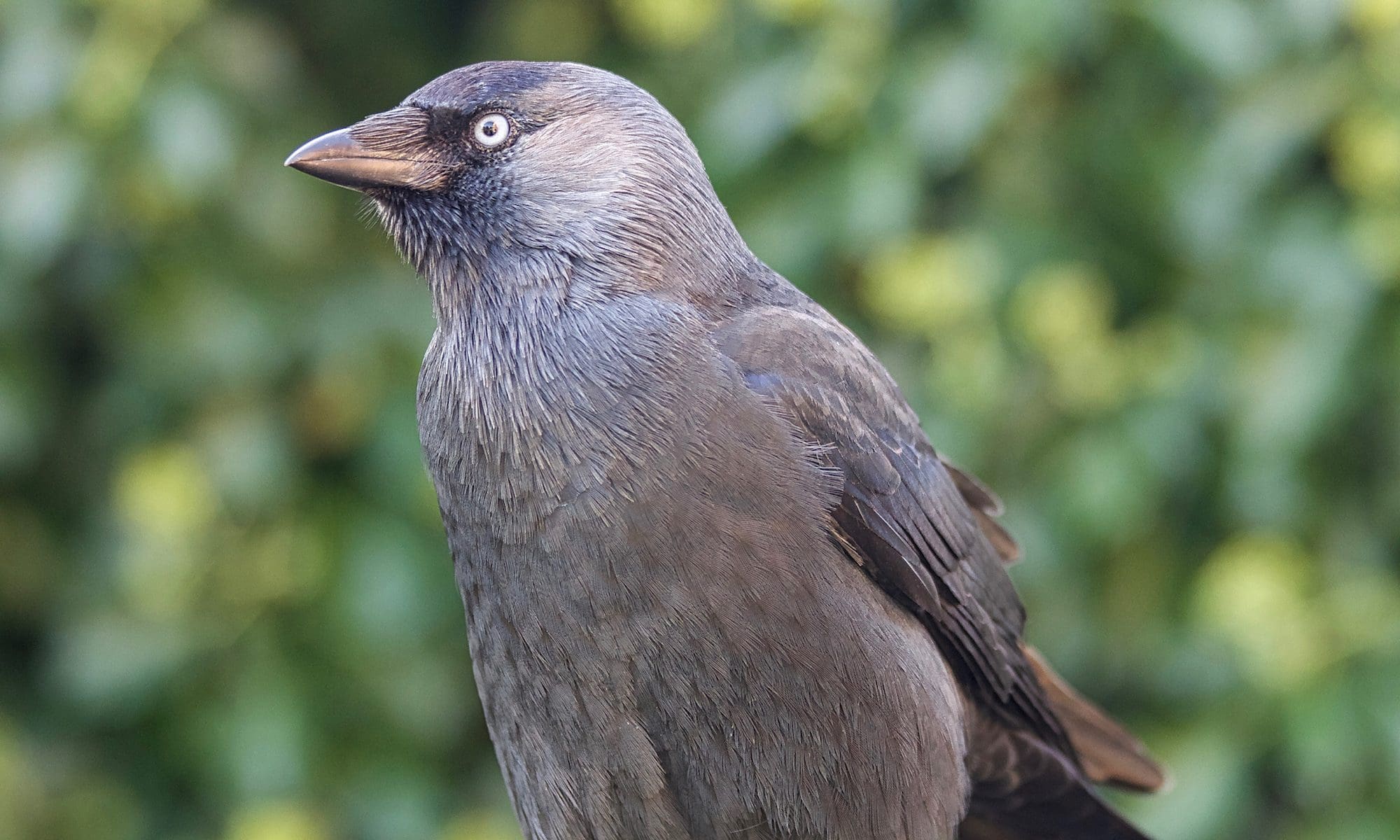It is soon the time of the year again, when social media messages are piling up in your ‘virtual inbox’ advising you to check your garden woodpile for hedgehogs before you start a bonfire. And you certainly should, if you really cannot live without a bonfire wiping out a whole mini ecosystem, annoying your neighbours, causing asthma attacks and polluting the environment.

Bonfires, campfires and fireworks are a known and recognised source of air pollution. Burning wood releases a large number of compounds, including nitrogen oxides, carbon monoxide, particulate matters, benzene and many other potentially toxic volatile organic compounds. Wood fires also release large amounts of carbon dioxide, which is a potent greenhouse gas. Unfortunately, fires are occasionally stacked with old painted boards or other junk, which can produce dioxins and furans, in particular when burnt at low temperatures. These toxins can pose a serious health risk. A significant share of the UK’s annual dioxin emissions are released by Bonfire Night celebrations, which also create a spike in levels of other pollutants as fireworks and bonfire smoke fill the sky.

So, do you really have to light a bonfire? Most certainly not! Together with other perhaps less cherished species, the ever so popular hedgehog could become one of the victims, if you do proceed with your bonfire. If you have built your bonfire woodpile over a longer period of time, then you actually have done something truly wonderful. You have created a mini ecosystem with a very rich biodiversity harbouring many different plant and animal species. You have created a mutually beneficial environment for woodpile inhabitants and yourself.

Frogs and newts need somewhere to spend the winter and a woodpile is just the place. Toads might shelter or even hibernate here as it is safe and damp. Centipedes, ground and rove beetles live happily here and will take care of slugs and their eggs. Fungi are great food for wildlife and will help to recycle rotting wood and make also good food for slugs and snails, which in turn attract hedgehogs and garden birds. You may even find slow worms and endangered stag beetles in your little wood pile world. So checking for one species, whilst ignoring and killing others unnecessarily, is simply short-sighted, not justifiable and morally wrong.

The ideal case scenario would obviously be to just leave the woodpile alone. Alternatively, you could compost your garden waste by yourself before it builds up, or if the amounts are to big, then you could bring the waste to a tip, where it will be composted for you. And if you have got the unfortunate type of organic waste, which is normally not regarded as compostable, then you can obviously let the council collect these scraps, or you can compost it directly together with vegetable and fruit scraps directly in your kitchen by using the Bokashi composting method.

Bokashi composting is a cheap, easy and odourless method of indoor composting that is so quick that all kitchen waste from a large family could be composted in something as small as a 20 litre bin. You need only two tailor-made bins to be used alternately and some Bokashi bran, which contains a carefully controlled mixture of beneficial bacteria, yeasts and fungi, that work together to speed-up composting, suppress pathogens (there are no e-coli in a Bokashi composter), prevent putrefaction and eliminate bad odors. As a side effect, the drained-off liquid can be used to keep your drains fresh and patent and can also be used to nourish your plants and crops.

So, the answer is definitely ‘No’! You really should not light a bonfire! Climate change has been called humankind’s greatest challenge and the world’s gravest environmental threat. Lighting a bonfire will make the already dire situation even worse. Many conscientious people are trying to help combat climate change by driving more fuel-efficient cars and using energy-saving light bulbs. If you are truly serious about protecting the environment, then don’t light a bonfire. And, please don’t forget, you can make an even bigger impact when you stop eating meat, eggs and dairy. Then you will truly make the difference our planet needs!


